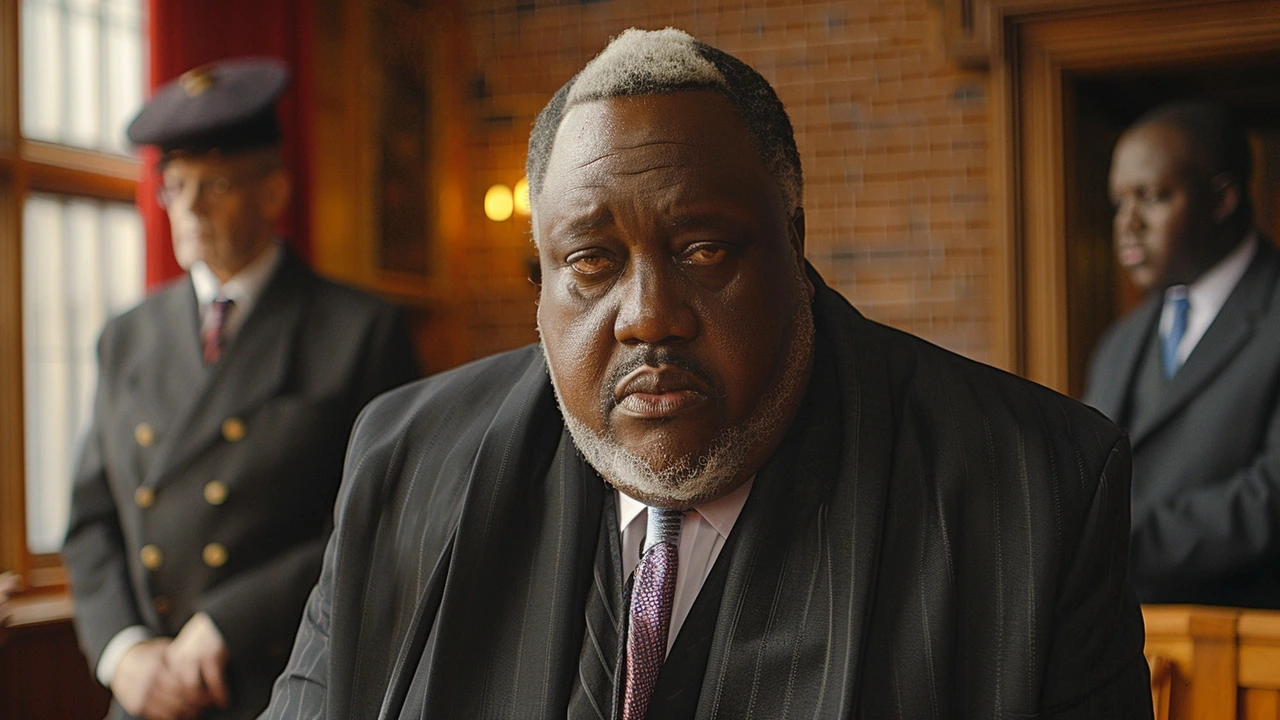Zulu Monarchy: A Key Part of South Africa’s Heritage
The Zulu monarchy stands out as one of the most famous traditional royal families in Africa. Rooted in deep cultural history, the Zulu kings and queens have played a huge role in shaping South Africa’s identity. The monarchy isn’t just about rulers — it’s about a whole community connected by shared traditions, respect, and a sense of pride.
Who Are the Zulu Monarchs?
The Zulu royal family leads a nation with a legacy stretching back hundreds of years. The monarchy started gaining real influence with King Shaka Zulu in the early 19th century, who united many clans and built a powerful kingdom. Today’s Zulu king still holds significant influence, though mostly ceremonial, acting as a cultural figurehead and a symbol of unity for millions of Zulu people.
Why Does the Zulu Monarchy Matter Today?
Even though South Africa is now a democratic country, the Zulu monarchy continues to hold an important place in society. It represents heritage, and the royal family often participates in cultural ceremonies and community issues. For many, the monarchy is a link to the past and a symbol of resilience. It’s also a way of keeping centuries-old traditions alive in a modern world.
Curious about the details of the Zulu king’s role? He oversees traditional courts, helps resolve community conflicts, and preserves cultural customs. Plus, annual events like the Reed Dance showcase Zulu traditions and attract visitors from around the globe.
Understanding the Zulu monarchy gives you insight into how history and culture shape identity today. It’s not just about kings and queens—it’s about how a community holds onto its roots while moving through the challenges of modern life.
A high court ruling allows King Misuzulu's relatives to proceed with a case challenging his financial benefits from the Ingonyama Trust. This legal dispute adds to the ongoing challenges against King Misuzulu's legitimacy as the Zulu monarch.


 Sports
Sports